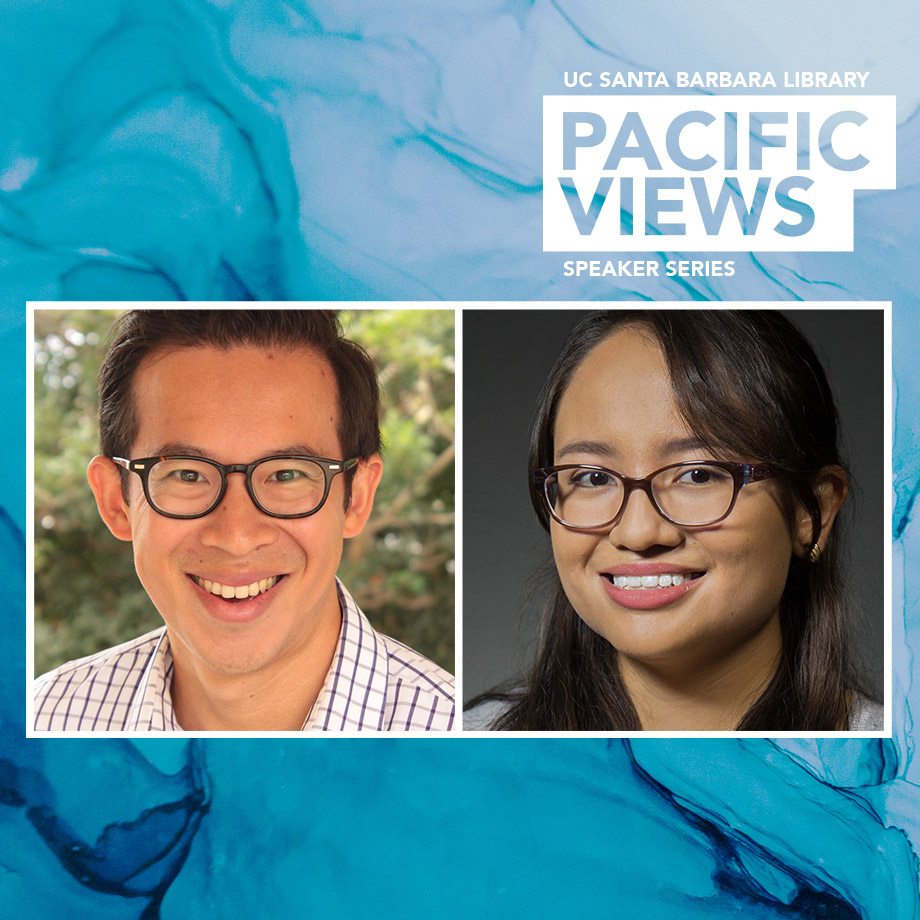Zoom Event: Do Environmental Markets Cause Injustice?
**Events may have been canceled or postponed. Please contact the venue to confirm the event.
Date & Time
Tue, Apr 20 4:00 PM - 5:00 PM
Address (map)
Zoom
Do Environmental Markets Cause Environmental Injustice?
There is mounting evidence that economically disadvantaged and racial minority communities bear a greater share of environmental harms. This systematic pattern can be found across the world and over time. In California, existing large disparities in pollution exposure underlie many environmental justice concerns.
At the same time, policymakers increasingly rely on market-based environmental policies – like pollution taxes and emissions trading programs – to cut pollution. But while these policies lower the economic costs of cutting pollution, the market forces unleashed by them could widen existing pollution disparities between disadvantaged and other communities.
In their Pacific View talk, Kyle Meng and Danae Hernandez-Cortes will share what they learned when they examined what happened to such inequalities following the introduction of California’s greenhouse gas emissions trading program, the world’s second largest carbon market. Finding that the program narrowed local air pollution disparities between disadvantaged and other communities, Meng and Hernandez-Cortes will discuss implications and limitations of these findings in other settings where environmental injustices meet environmental markets.
The most recent version of their paper describing their research is linked here, from Kyle Meng’s website.
Kyle Meng is an Associate Professor at the Bren School of Environmental Management and the Department of Economics at the University of California, Santa Barbara. Professor Meng’s research is primarily in environmental and resource economics, with a focus on advancing our understanding of climate change impacts and policies. An economist with training in engineering and atmospheric physics, Meng uses past evidence to improve forecasts of a future under anthropogenic climate change. His research has appeared in leading economics and science journals, including the American Economic Review, Nature, and PNAS. Meng received his Ph.D. in Sustainable Development from Columbia University and his B.S.E. in Civil and Environmental Engineering from Princeton University.
Danae Hernandez-Cortes is an Economics Ph.D. candidate at the University of California, Santa Barbara. Her work involves using applied causal inference methods to analyze the environmental justice consequences of environmental policy. She has done research on air pollution and climate change in Mexico and the United States. Before joining UCSB, she studied her B.A. in Economics at the Centro de Investigación y Docencia Económica (CIDE) in Mexico City.

